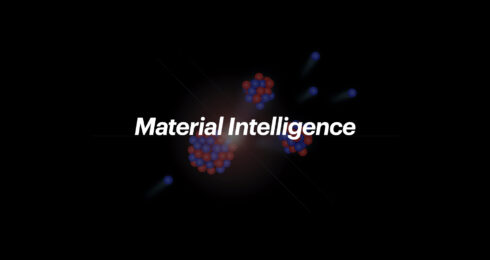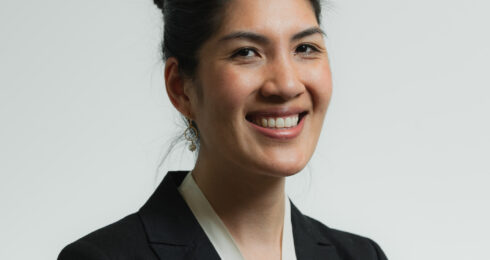
,
Prof. Toope met with Prof. Gruss, President of the Max Planck Society to discuss the project and other areas of interests shared by UBC and the Society.
,
Later, an agreement to formalize the relationship between the Society and UBC was signed by Toope and Gruss. The signing was witnessed by German Consul General Mr. Hermann Sitz.
,
“In the Max Planck UBC Centre for Quantum Materials, we have created a platform that not only enables leading materials science researchers from Canada and Germany to pool their expertise, but that also facilitates the training and fostering of young scientists from both countries,” says Peter Gruss, President of the Max Planck Society. For over a year now, the new centre has brought together physicists, chemists, and materials researchers from the two countries who investigate the quantum effects of new materials on an interdisciplinary basis. These include in particular magnetism and superconductivity, as well as the behaviour of electrons at surfaces and interfaces, which is of great importance to microelectronics and catalysis research, for example.
,
Moreover, research opportunities are provided for the various stages of a scientist’s career: for instance, as a guest scientist for several months, or as a doctoral student or postdoc for a number of years. Max Planck UBC fellowships are also awarded. The selected candidates thus have the opportunity to conduct research in an international environment. Furthermore, the diverse research groups participating at the Centre offer positions for doctoral students and postdoctoral fellows.
,
Another very attractive option is the summer schools for junior scientists. Four summer schools have already taken place since inception, with the last two held in Vancouver in 2011 and in Stuttgart in 2012. Dozens of workshops were held in both institutions. The participants thus have the opportunity to acquaint themselves with the research culture of the other country at an early stage in their career.
,
Bernhard Keimer, Director at the Max Planck Institute for Solid State Research in Stuttgart, who heads the Max Planck UBC Centre for Quantum Materials together with George Sawatzky of the University of British Columbia, has a positive assessment after one year: “In my view, the Centre functions very well. And after one year we already have the first scientific results. We have also launched a few new initiatives, including a programme that allows young Canadian students to spend several months at a Max Planck Institutes and thereby gain insight at an early stage into research and career opportunities in Germany.”


